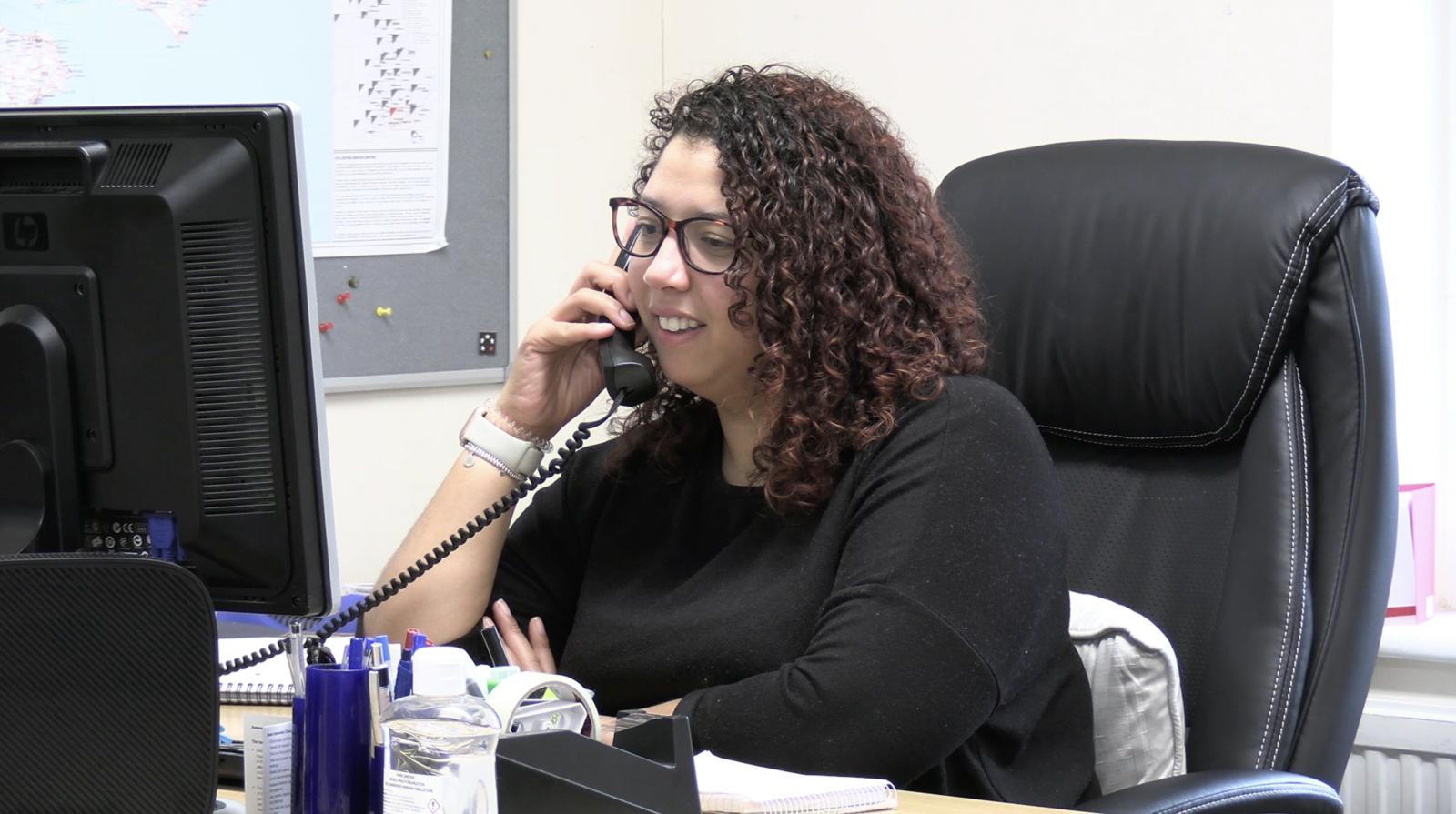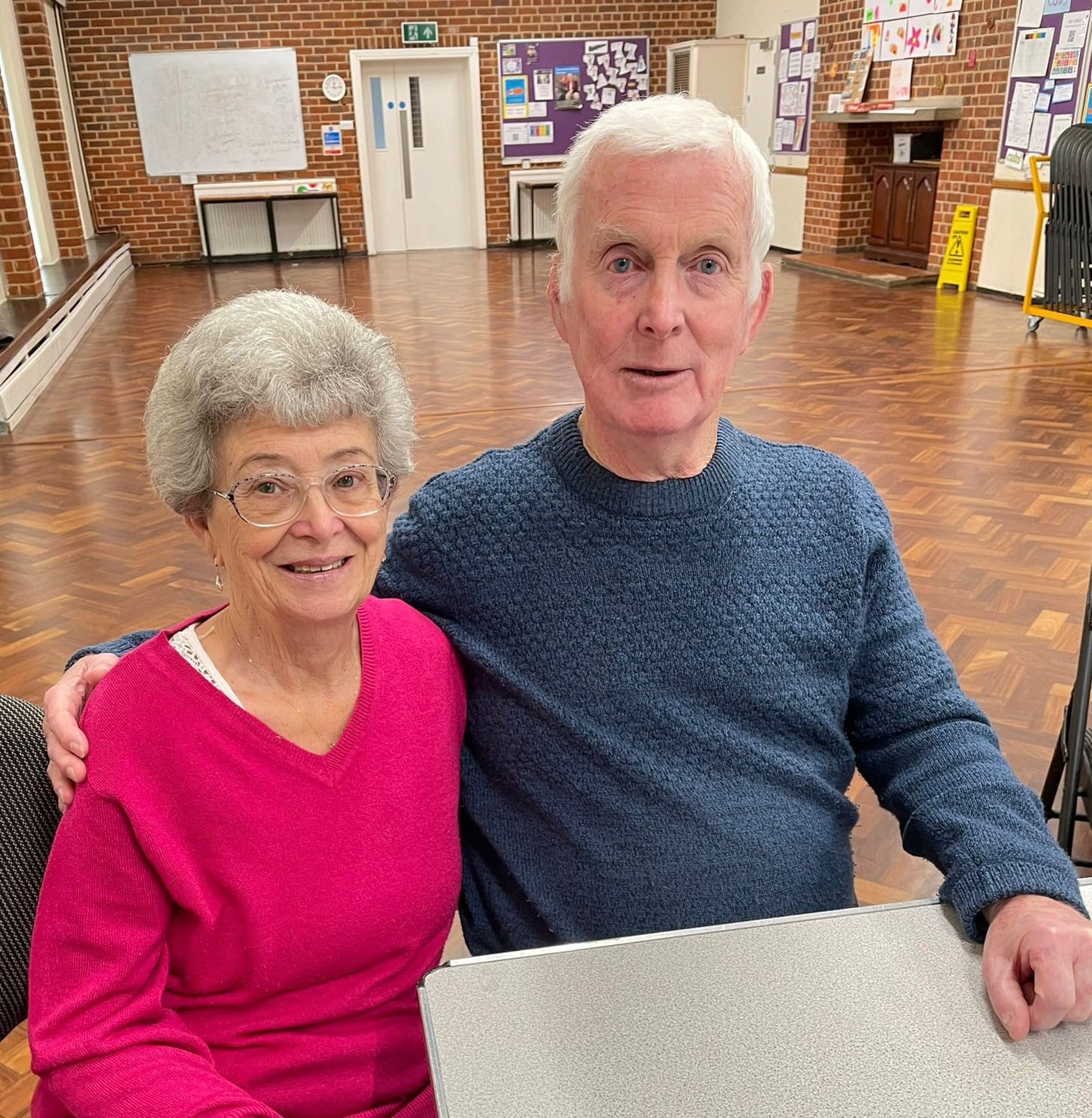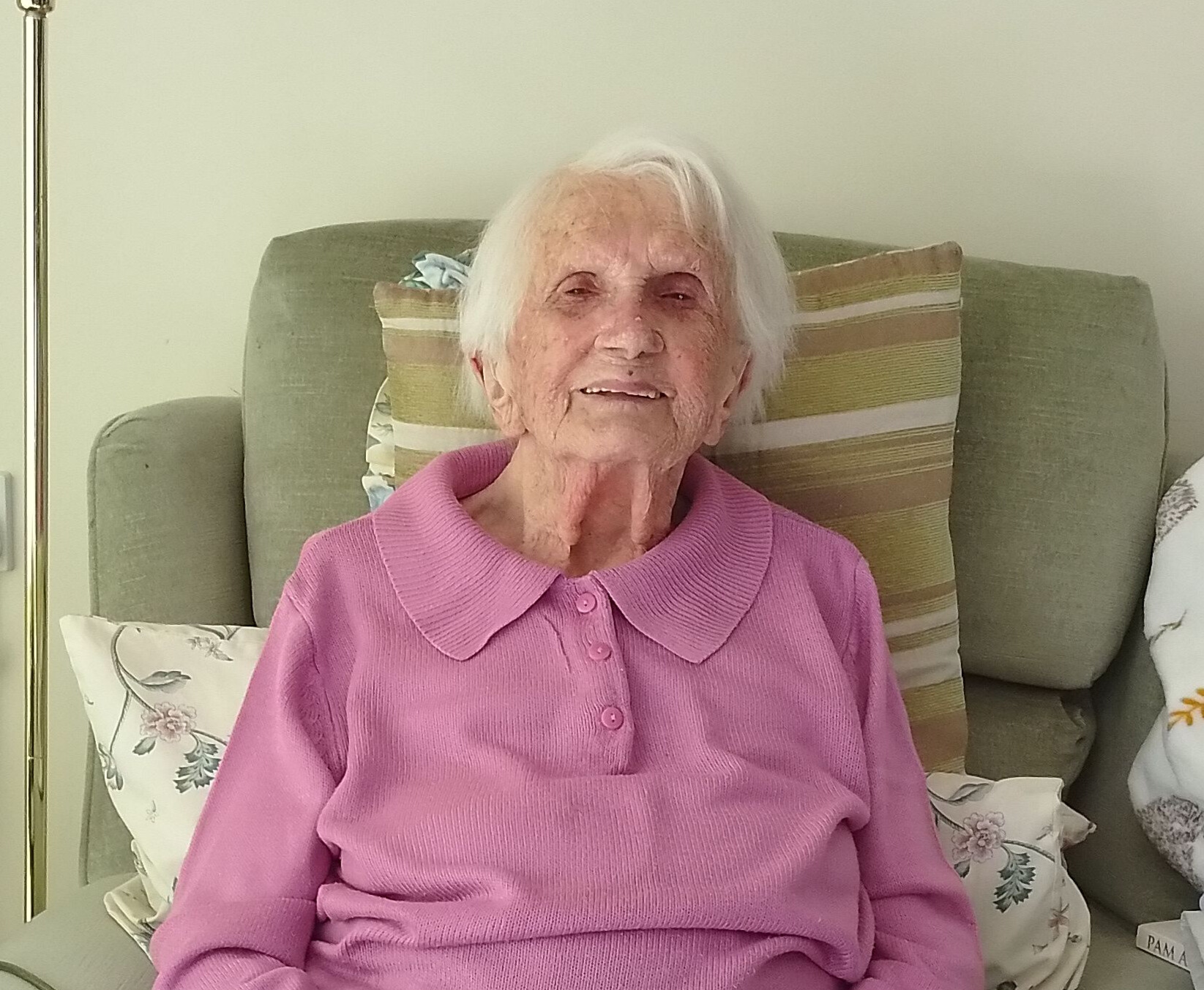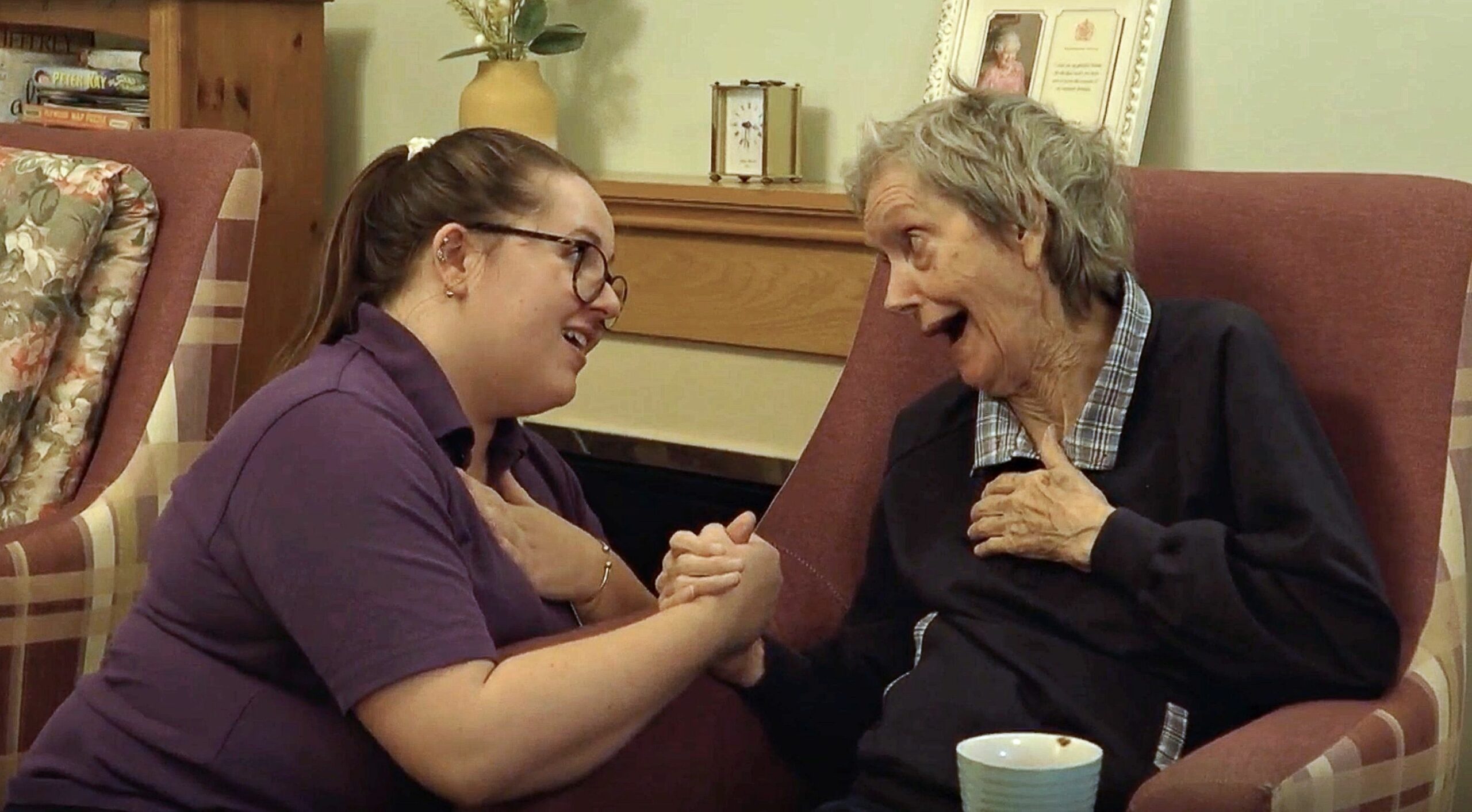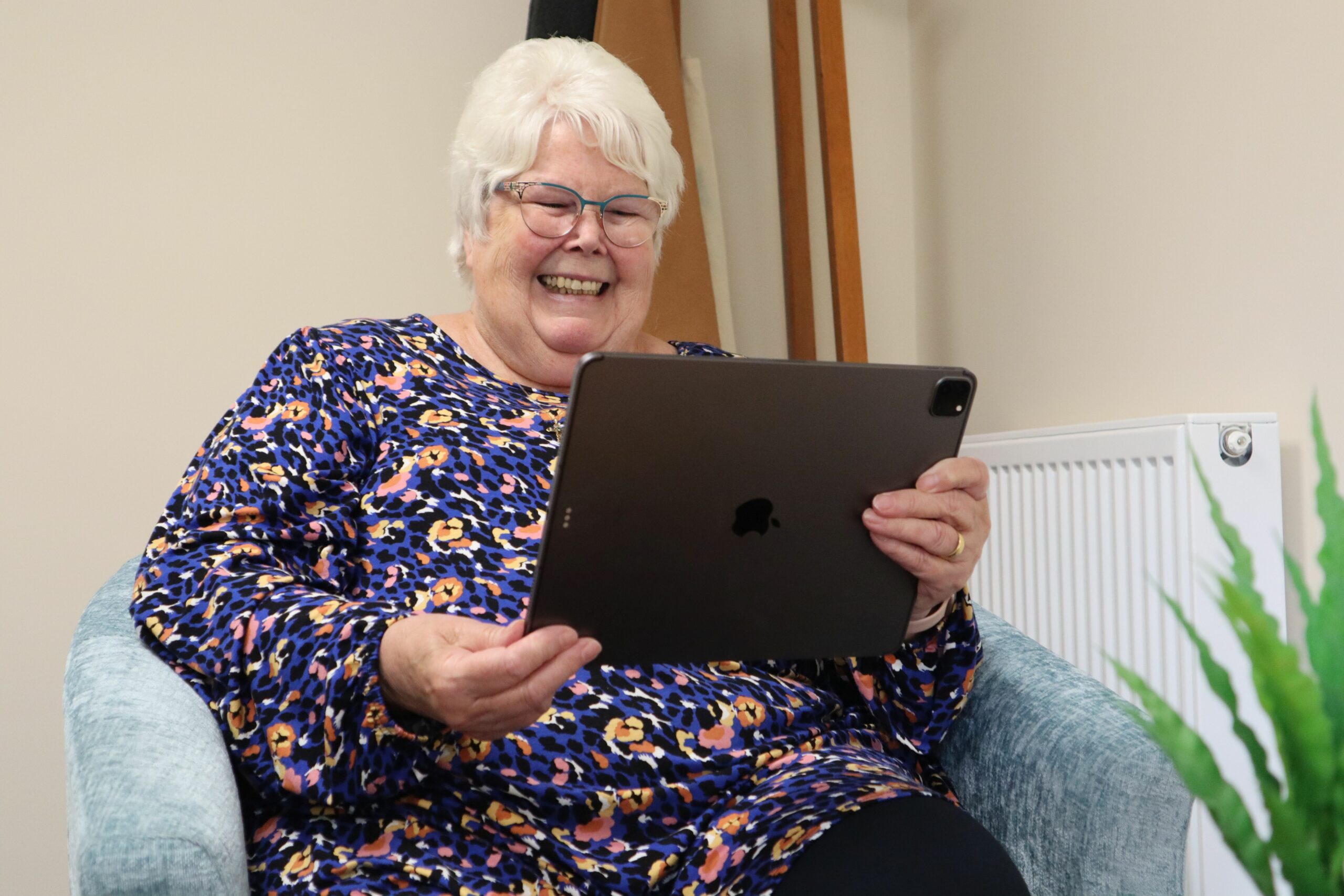Five ways to make eating easier for older people
Written by: Jane Blackwell Published: May 15, 2023
Today is #WorldFoodDay so we are looking at ways to make eating easier for older people. In this blog, we share our top tips for making eating easy and enjoyable!
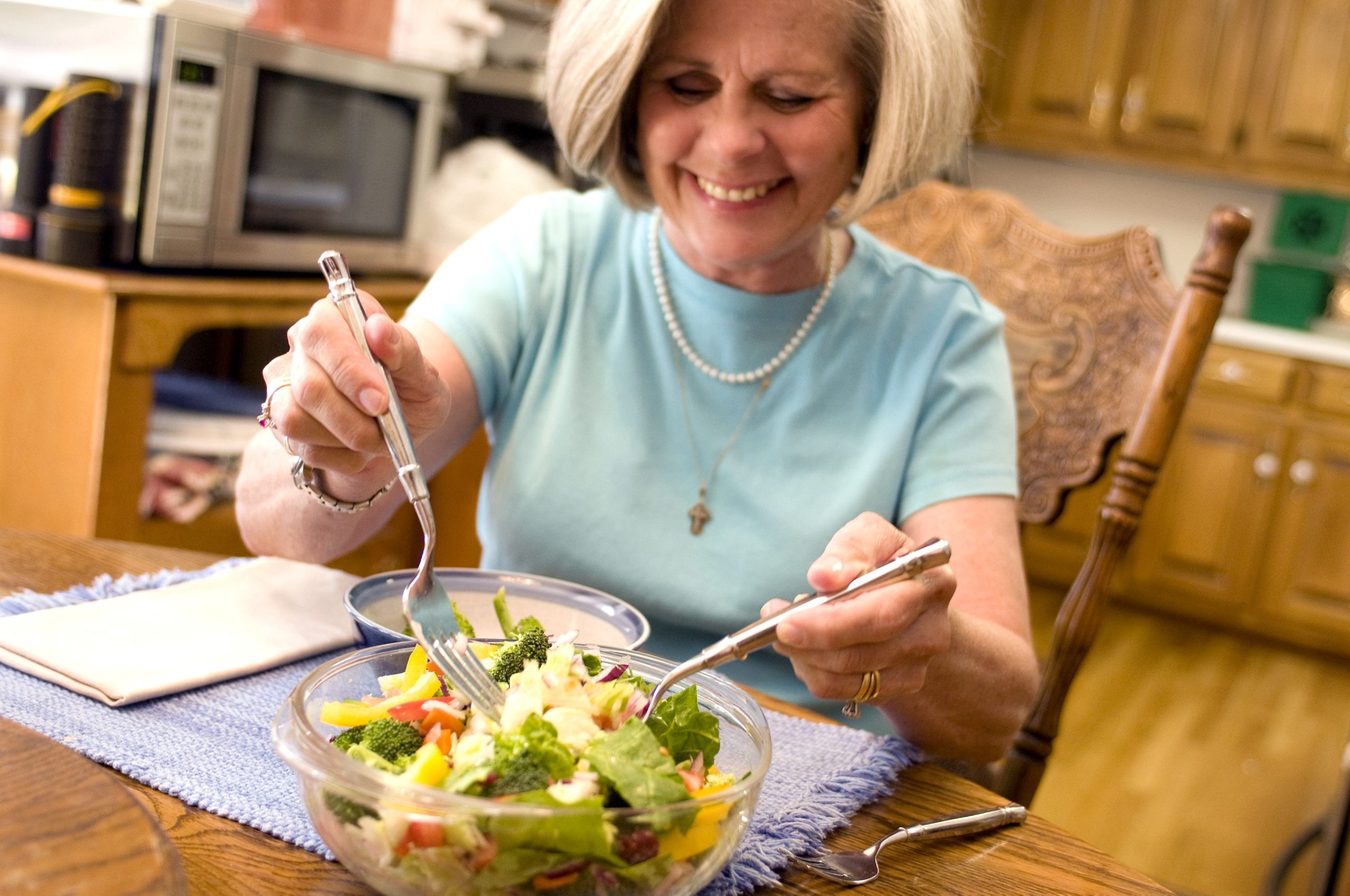
Making sure you get the right nutrition in your diet is important at any age. But for older people, it can be vital to maintaining a healthy body, helping focus and memory and even staying emotionally balanced.
However, as you get older eating can get more difficult and so eating well may not always be your main priority. There can be a number of reasons for this: such as a decline in taste buds making food less appealing, or a lack of exercise or routine making meal times harder.
But it is still important to continue to get a balanced diet.
Here are 5 ways you can make eating easier for older people:
Note: If you are suddenly finding eating difficult, it is important to first check with your GP to ensure you’re not experiencing any serious health problems or side effects.
1. Smoothies
Smoothies are a great way to get lots of important vitamins and nutrients into one easy drinkable meal. They are an especially good option for those that find chewing difficult or who struggle with dehydration.
Eating five or more portions of fruit and vegetables a day can help prevent heart disease and some types of cancer. Smoothies make this easy and allow you to use as many of your favourite fruit and vegetables as you want! You can also pad it out with protein-rich foods such as milk or yoghurt – even a protein powder if need be.
2. Set an alarm
A set eating schedule can train the body and mind to expect and even look forward to an upcoming meal. Try to eat at the same time every day, but if mealtimes seem to pass you by, set an alarm at key points in the day and make sure you eat something even if you don’t feel hungry. It doesn’t have to be a full meal – smaller portions or something simple like a smoothie or a bowl of porridge will help fuel you until later on!
3. Snacks (healthy, of course!)
If preparing three full meals a day feels daunting or difficult, consider making easy-to-eat snacks a bigger feature of your day. Nutrient-rich snacks, such as a handful of nuts or some yoghurt and fruit, can help to keep your energy levels consistent, make sure you’re getting the right stuff in your diet and help those that prefer snacks over big meals to eat well.
Is preparing meals something you need help with? Brendoncare have a range of Cooking for One videos on our website created by volunteer David Higgins and supported by Sodexo Stop Hunger Foundation, where he shares simple recipes using basic ingredients, like the yummy pesto pasta above!
4. Eat with others
Depression affects around 22% of men and 28% of women aged 65 years and over. Depression and loneliness is often associated with loss of appetite.
Mealtimes may be more enjoyable if they are viewed more as an interesting social activity rather than a chore, so try to eat with others who live nearby or who are part of a community club if loved ones aren’t around.
Brendoncare offers a wide range of clubs and activities in various communities, as well as online clubs and telephone support, to help prevent loneliness for older people. It may be a great place to start to find others to eat with!
5. Make note of what’s working
In order to continue to want to eat well, enjoying your meals is important.
Keep track of it all: the foods you enjoy, ones you don’t and anything that proposes difficulties with eating or digesting. Keeping track lets you experiment more with the food and timings that are working and avoid things that aren’t. It also helps you to understand what you enjoy in a meal.
Older adults need enough nourishment to keep them strong and healthy through their golden years. Speaking to a nutritionist is a great way to ensure the right balance of nutrients is getting into your body. Enjoy your #WorldFoodDay
